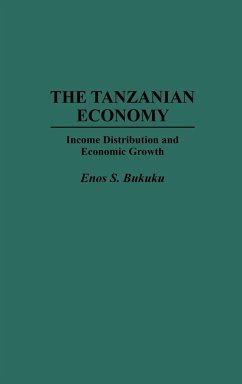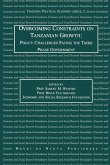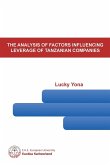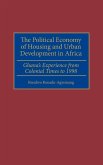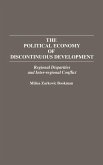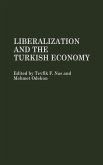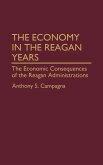This work represents the first in-depth analysis of Tanzanian income distribution and growth. Employing classical and neoclassical distribution theory, Enos S. Bukuku examines the periods of economic crisis suffered by Tanzania in the past two decades, and analyzes the government's reform efforts between 1967 and 1990. Bukuku's theoretical argument is that patterns of income generation, income distribution, and growth in developing countries are highly influenced by state interventionist economic policy and development strategy. His empirical work shows how Tanzanian government policy toward industry, agriculture, income, taxation, and education impacted growth and distribution. He finds that state policies disrupted markets, destroyed incentives and hurt growth and distribution. The result: deteriorated growth and increasingly skewed income distribution. Bukuku concludes that Tanzania's policies should be growth-oriented and strive to bolster the small-holder agricultural producers comprising most of the country's population. Bukuku profiles the agriculture-dependent Tanzanian economy and its unprecedented state of crisis since 1979. Favoring a combination of classical and neoclassical approaches in Tanzania's case, he discusses the application of income distribution theory to developing countries. He empirically analyzes household and regional income distribution, arguing that Tanzania's policies emphasized equity over growth and failed in both areas. Bukuku's policy recommendations include measures to enhance supply and promote investment and structural change. This book will be valuable to international agencies, policy makers, and students of economic theory and Third World development.
Hinweis: Dieser Artikel kann nur an eine deutsche Lieferadresse ausgeliefert werden.
Hinweis: Dieser Artikel kann nur an eine deutsche Lieferadresse ausgeliefert werden.

